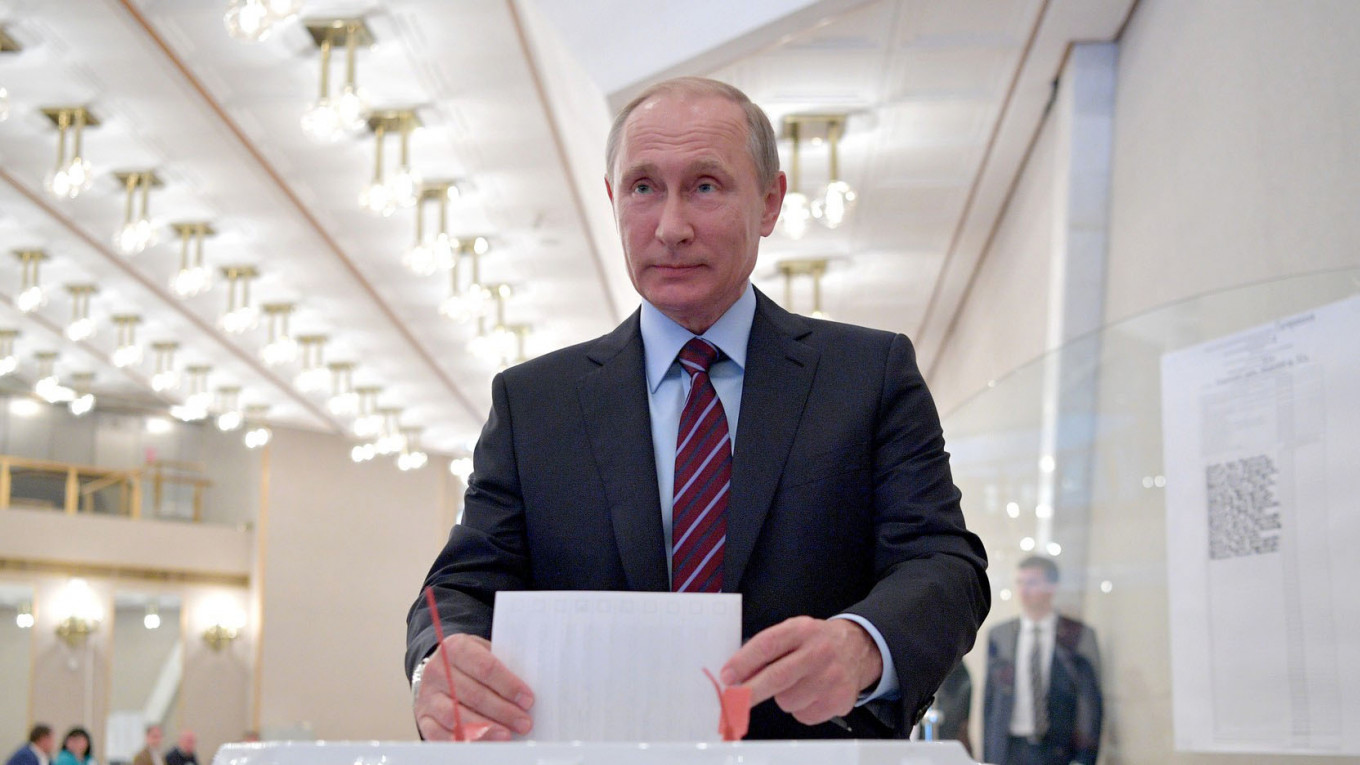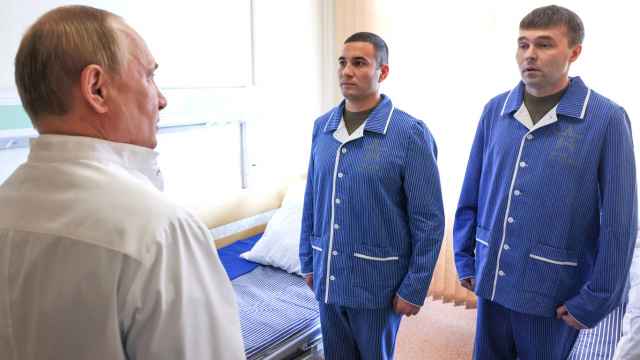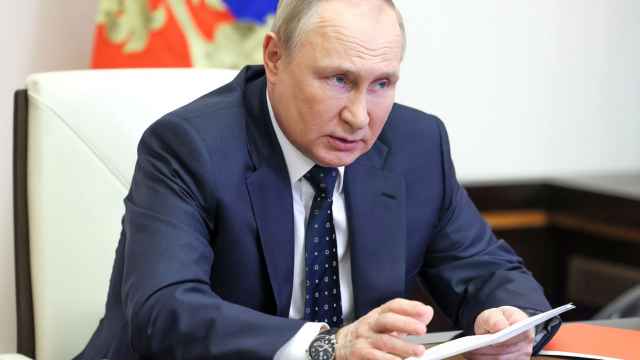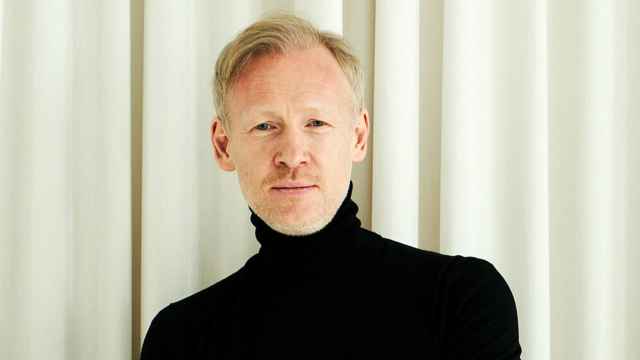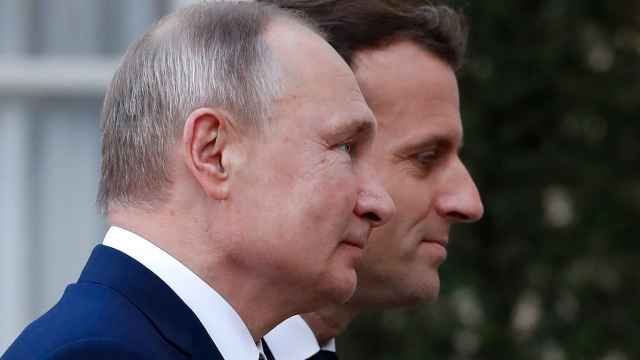Russian President Vladimir Putin’s own government doesn’t believe his ambitious campaign pledges to improve living standards are attainable.
Officials have analyzed the $400 billion spending program, dubbed the National Projects, and found that the majority of targets will be impossible to achieve before the end of Putin’s term in 2024, according to four people with knowledge of the matter.
They all asked not to be identified because the information, part of an internal progress review of Putin’s key campaign promises, wasn’t made public. Both Putin and Prime Minister Dmitry Medvedev have been briefed about the findings, three of the people said.
The findings confirm conclusions already reached by many independent analysts that Russia’s bid to rev up growth beyond the global average is destined to fail. Most economists agree that the most effective way to fix the country’s stagnating economy is to get U.S. European sanctions lifted and introduce the kind of legal and bureaucratic reforms that Putin has so far shown little interest in implementing.
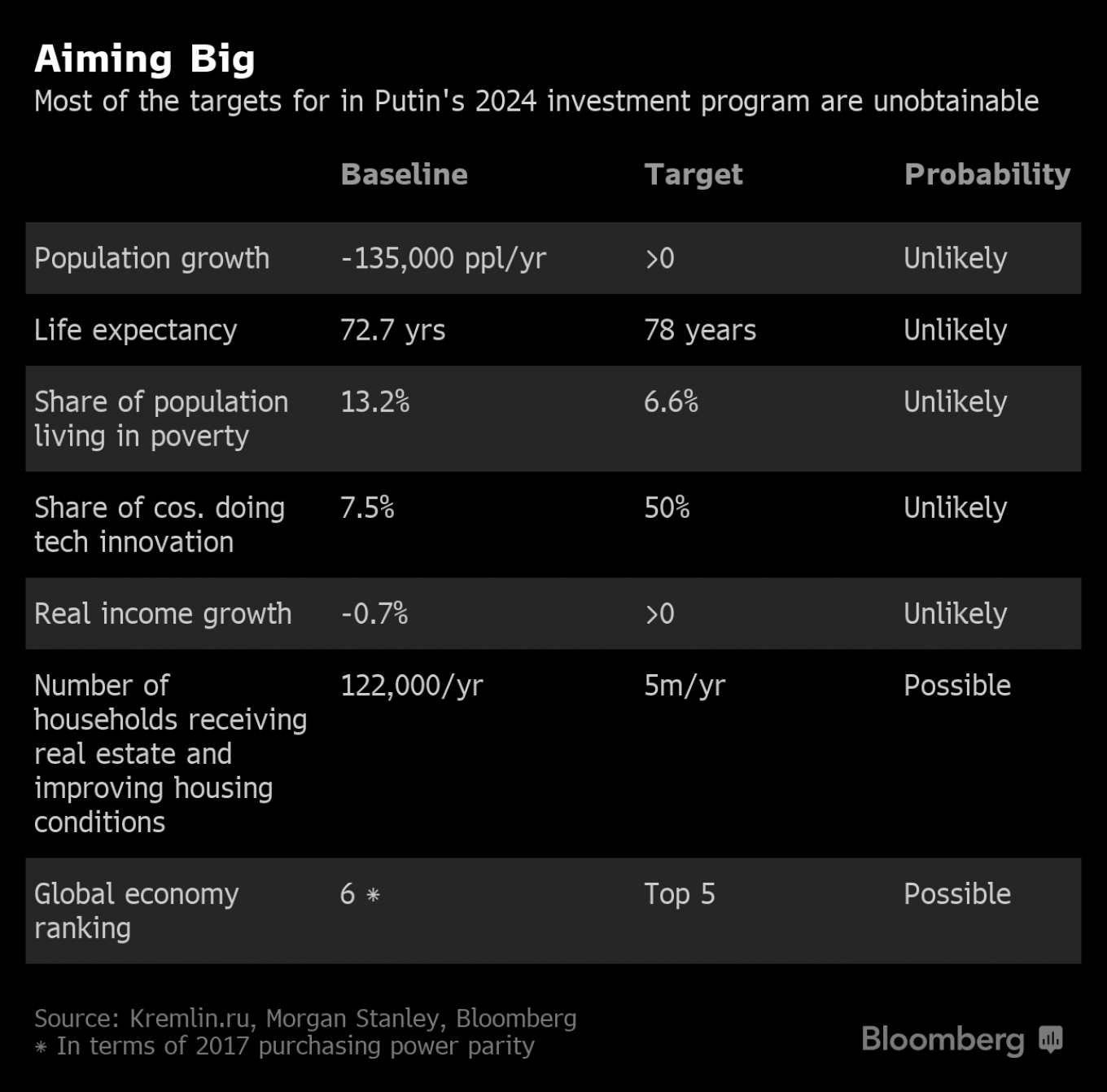
“Officials probably understood from the beginning that these goals are unobtainable, but they also knew that no one would cancel them, so they just accepted them,” said Leonid Davydov, a political consultant at The Foundation for Civil Society Development in Moscow. “Putin thinks that if he commits himself to concrete targets, it will motivate the system, but the system knows that targets have been missed in the past without any repercussions.”
Key proposals to reverse a drop in incomes since the annexation of Crimea and cut poverty by half couldn’t be reached even under the most optimistic scenario, the four people said.
The audit also found that a goal to increase life expectancy to 78 years from just under 73 now would require a jump unprecedented in recent Russian or Soviet history. Such a fast improvement has only ever been achieved globally in countries recovering from health epidemics and in Russia it would require drastically improving the health of working-age men.
Putin vowed when he was re-elected last year to deliver a “decisive breakthrough” through the National Projects as his ratings slide following five years of falling living standards. “Our country’s future viability, its energy and development, depends on reaching these goals,” Putin said in a speech in May last year.
Putin’s press secretary Dmitry Peskov said last week that progress is being made toward meeting the goals and the effects should already start to be felt this year.
The government has found the whole project to be one big Catch 22, according to one of the people with knowledge of the discussions. The growth goal could be achieved if all the smaller targets are met, but most of those smaller targets can only be met if the economy is expanding faster than 3%. Currently growth is floundering around 2 percent with little potential to climb much higher.
Another reason the impact is expected to be muted is that many of the targets come from programs that were already in the federal budget, according to the Finance Ministry. They were just repackaged to make the initiative more impressive. In reality, only about $122 billion of new money will be spent through 2024.
A Message from The Moscow Times:
Dear readers,
We are facing unprecedented challenges. Russia's Prosecutor General's Office has designated The Moscow Times as an "undesirable" organization, criminalizing our work and putting our staff at risk of prosecution. This follows our earlier unjust labeling as a "foreign agent."
These actions are direct attempts to silence independent journalism in Russia. The authorities claim our work "discredits the decisions of the Russian leadership." We see things differently: we strive to provide accurate, unbiased reporting on Russia.
We, the journalists of The Moscow Times, refuse to be silenced. But to continue our work, we need your help.
Your support, no matter how small, makes a world of difference. If you can, please support us monthly starting from just $2. It's quick to set up, and every contribution makes a significant impact.
By supporting The Moscow Times, you're defending open, independent journalism in the face of repression. Thank you for standing with us.
Remind me later.


